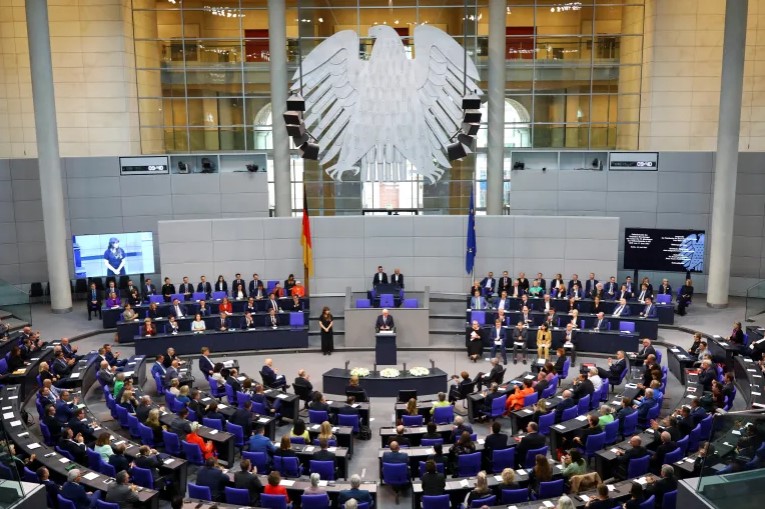June 23, 2023: The German parliament on Friday approved a new immigration law designed to attract skilled workers to the country, suffering from an unprecedented labour shortage belabouring the economy.
“This draft law secures prosperity in Germany,” Interior Minister Nancy Faeser said as she presented the government’s plan in the chamber. However, she added that it would only work if the bureaucratic hurdles were dismantled during its implementation. “The shortage of skilled labour is considered one of the biggest brakes on economic growth in Germany, and skilled workers are missing everywhere,” Faeser added. She described the legislation as “a huge step for the future of our country.”
The law includes a points-based system that lowers entry hurdles for applicants according to their professional qualifications, age and language skills. The system will introduce the following. The new ‘Opportunity Card’
One of the biggest introductions is the “opportunity card” and its corresponding points system. This card allows foreigners without a pre-arranged job to come to Germany for one year to seek employment. To be eligible for the opportunity card, individuals must possess a vocational qualification or a university degree.
The allocation of opportunity cards will be based on fulfilling specific criteria, earning applicants points. These criteria may include proficiency in German and/or English, established connections to Germany, and possibly accompanying life partners or spouses in the German labour market. In addition to facilitating job search, the opportunity card will also grant the flexibility of engaging in part-time employment of up to 20 hours per week and participating in probationary work.
Recognition of degrees
A major obstacle to immigration has long been the requirement for degrees recognized in Germany. In the future, skilled immigrants will no longer have to have their degrees recognized in Germany if they can show they have at least two years of professional experience and a state-recognized degree in their country of origin. Someone with a job offer can come to Germany and start working while their degree is still recognized.
Citizenship law
A new citizenship law is being developed, which will facilitate dual citizenship for individuals from non-EU countries. During the parliamentary debate, Martin Rosemann, representing Chancellor Olaf Scholz’s SPD, expressed a forward-looking perspective. He stated, “Highly qualified young individuals from around the world are not exactly lining up to come and work in Germany. We need to actively attract them and provide them with long-term prospects. That’s why we are also planning to reform the citizenship law.”







